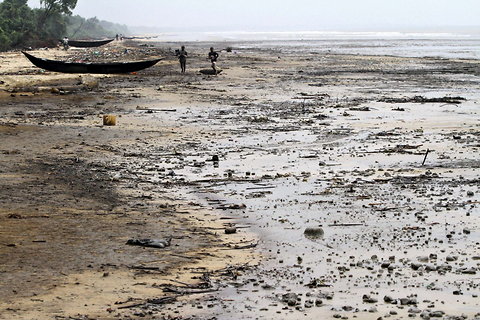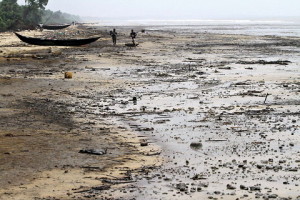
 Nigeria, in cooperation with the Global Environment Fund (GEF), has launched an outstanding environment project designed to protect sea, soil, vegetation and underground water from the release of chemicals, mainly Polychlorinated Biophenyl.
Nigeria, in cooperation with the Global Environment Fund (GEF), has launched an outstanding environment project designed to protect sea, soil, vegetation and underground water from the release of chemicals, mainly Polychlorinated Biophenyl.
The project, to cover a four-year period (2012 to 2015), will help dispose of 8,000 tons of Polychlorinated Biophenyl (PCBs) oil and contaminated equipment and improve national capacity to manage PCBs efficiently and soundly.
The project will thus strengthen and harmonize hazardous chemicals and waste management regulations, improve the disposal management system and facilitate safe disposal of hazardous waste.
The initiative would improve public health and environmental quality through a sound and efficient management of the release of PBC mostly found in electrical equipment in power Holding Company of Nigeria, and other private sectors such as oil refineries, airports, and textile mills, among others, Nigerian Minister of Environment, Mrs. Hadiza Mailafia, was quoted as saying during the launching ceremony Monday in Abuja.
The GEF contributed $6.3 million to the project while $12.2 million were funded by the Nigerian government.
The project, backed by technical assistance from the World Bank, will ultimately tackle the challenge of Persistent Organic Pollutants (POPs) in the country.
Nigeria imports a lot of equipment containing PCB, such as transformers, capacitors, ballasts, paint additives, and hydraulic fluid additives.
